Worried About Online Safety? Here’s How to Protect Yourself!
In today’s digital age, staying safe online is more important than ever, especially for students in North Cyprus who rely on the internet for their studies, socializing, and more. Here are some essential cybersecurity tips to help you navigate the online world safely and confidently.
Use Strong, Unique Passwords
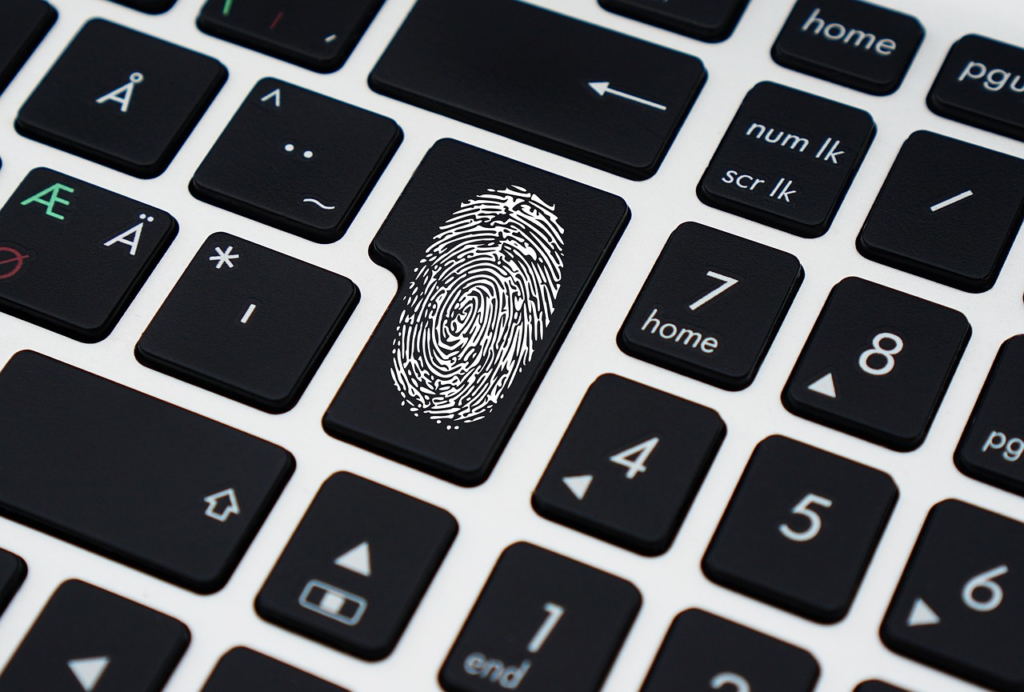
Your passwords are your first line of defense against cyber threats. Use a combination of letters, numbers, and special characters to create strong, unique passwords for each of your accounts. Avoid using easily guessable information like birthdays or simple sequences. Consider using a password manager to keep track of your passwords securely.
Enable Two-Factor Authentication

Two-factor authentication (2FA) adds an extra layer of security to your accounts. By requiring a second form of verification, such as a text message code or authentication app, 2FA makes it much harder for hackers to gain access. Enable 2FA on all your important accounts, including email, social media, and university portals.
Be Cautious with Public Wi-Fi

Public Wi-Fi networks are convenient but can be risky. Avoid accessing sensitive information, such as online banking or personal emails, when connected to public Wi-Fi. If you must use public Wi-Fi, consider using a Virtual Private Network (VPN) to encrypt your internet connection and protect your data.
Keep Your Software Updated
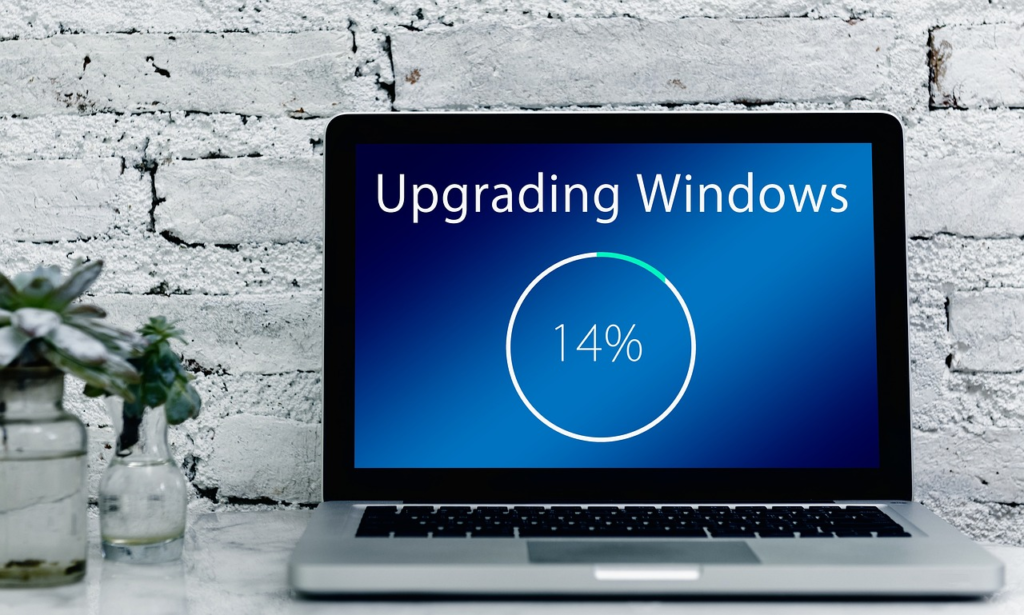
Regularly updating your software, including your operating system, browsers, and apps, is crucial for online security. Updates often include patches for security vulnerabilities that hackers can exploit. Enable automatic updates where possible to ensure you’re always protected.
Beware of Phishing Scams
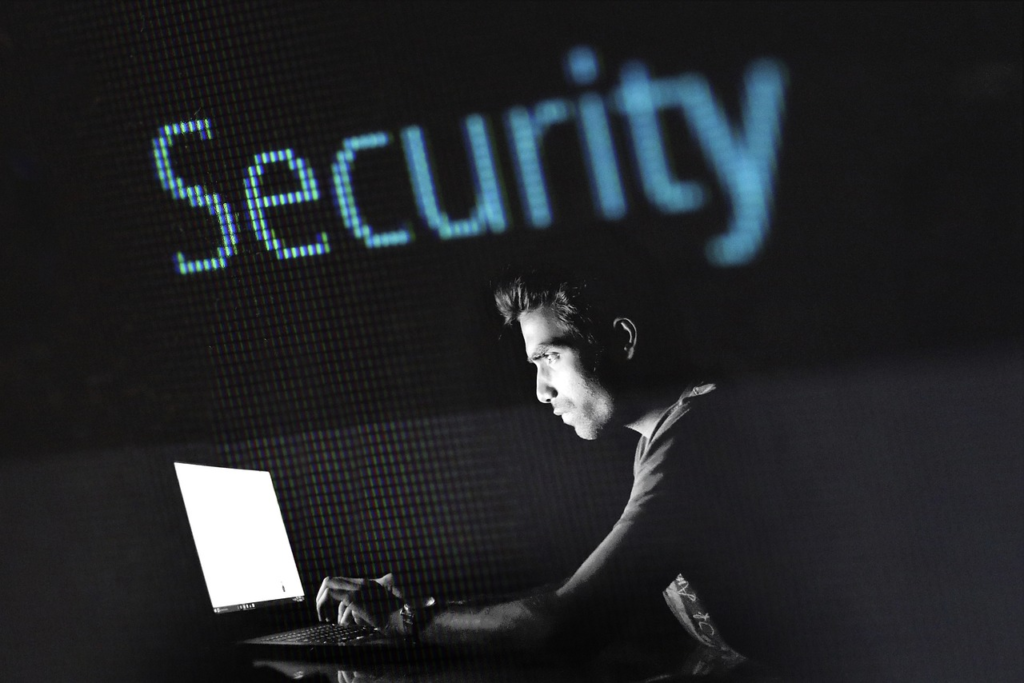
Phishing scams are deceptive attempts to steal your personal information by pretending to be legitimate entities. Be wary of unsolicited emails, messages, or links asking for personal information or urging you to click on suspicious links. Always verify the sender’s identity before responding or clicking on any links.
Use Antivirus Software
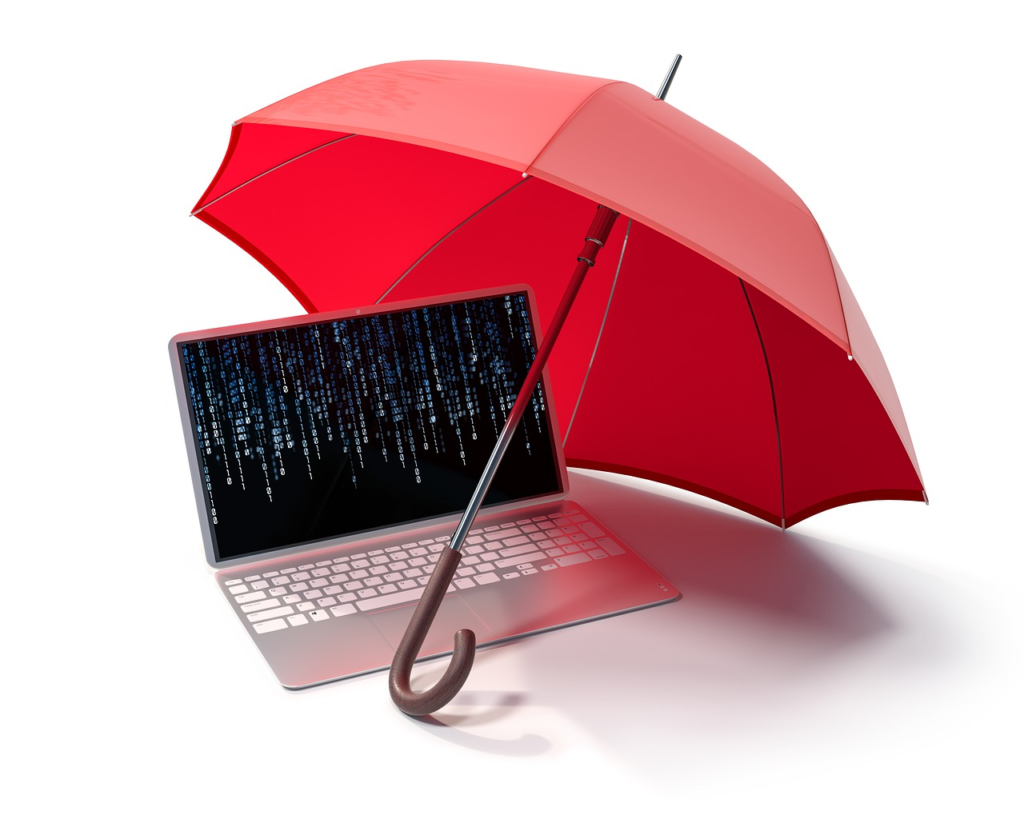
Antivirus software can help protect your devices from malware, viruses, and other threats. Ensure you have a reputable antivirus program installed and keep it updated. Regularly scan your devices for potential threats to maintain security.
Limit Personal Information Sharing

Be mindful of the personal information you share online. Avoid posting sensitive details such as your home address, phone number, or financial information on social media or public forums. Adjust your privacy settings to control who can see your posts and personal information.
Secure Your Devices
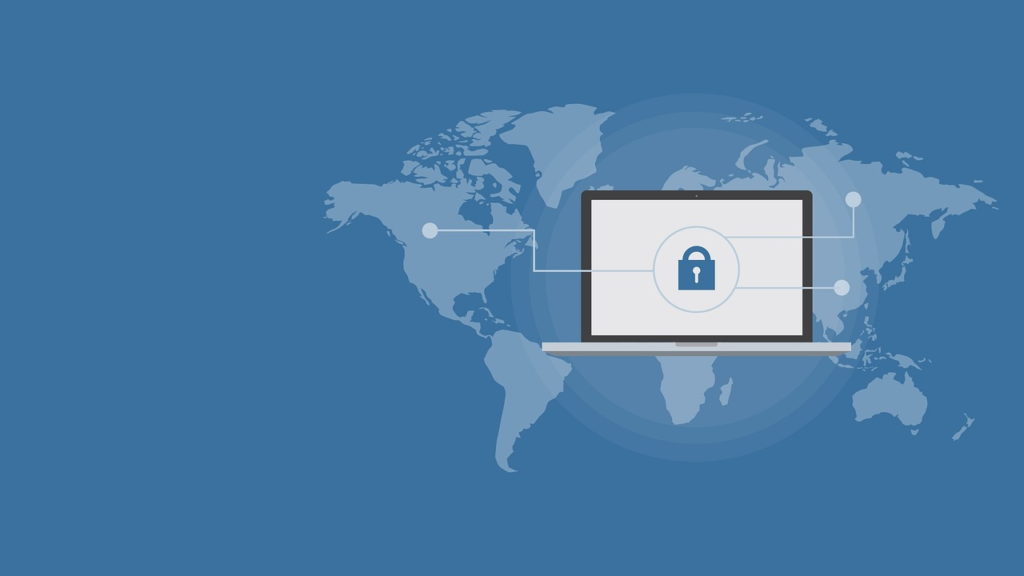
Physical security is just as important as digital security. Use strong passwords or biometric authentication (like fingerprint or face recognition) to lock your devices. Consider using security locks for laptops and always keep an eye on your devices in public places.
Backup Your Data Regularly

Regularly backing up your data ensures that you don’t lose important information in case of a cyberattack or device failure. Use external hard drives or cloud storage services to create backups of your important files and documents.
Educate Yourself About Cyber-security

Stay informed about the latest cybersecurity threats and best practices. Many universities offer resources and workshops on cybersecurity. Taking the time to educate yourself can make a significant difference in your online safety. Google offers a free Cyber Security Course here
Staying safe online requires vigilance and proactive measures, but with these tips, you can confidently navigate the digital world.
By following these cybersecurity tips, you can protect yourself from online threats and enjoy a safer, more secure online experience. Stay vigilant, stay informed, and stay safe!





